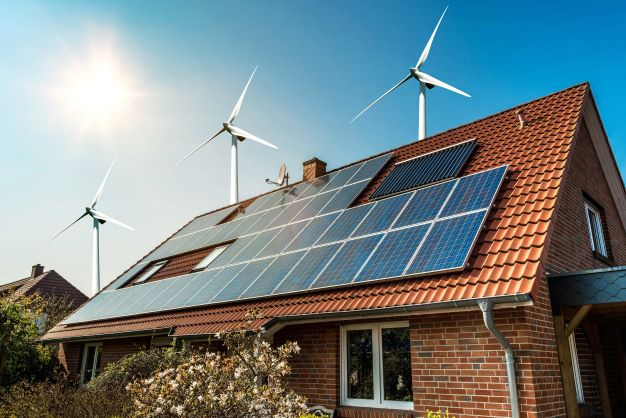The holidays remind us of the cultural power of food: nothing connects loved ones together the way a shared meal can. That is, of course, until talking about sensitive issues spoils the party. This holiday season, Latin Americans and Caribbeans gather to celebrate religious milestones (including a world cup!) just as global leaders have enacted a framework to protect … [Read more...] about We can share delicious meals while preserving biodiversity and the climate – if we chose what we eat and how we produce it
Decarbonized buildings will be more comfortable and cheaper to live in
Who likes a noisy bedroom? What about a living room that feels cold in winter and hot in summer? While this is currently the reality of city life for many of us, it does not have to be. According to our recent report, Latin Americans and Caribbeans can get better buildings with more comfortable temperatures, noise insulation, and, wait for it: cheaper bills too! But getting … [Read more...] about Decarbonized buildings will be more comfortable and cheaper to live in
Net-zero industry could be just around the corner – if governments do this
We often take materials for granted. Steel, cement, chemicals, glass, and bricks form the physical reality of our civilization. We use them to build houses, schools, hospitals, offices, roads, and dykes to reduce the impact of natural disasters. But can we continue to rely on them when their production causes 34% of global CO2 emissions and global leaders pledge to reach … [Read more...] about Net-zero industry could be just around the corner – if governments do this
Powering everything with renewable electricity will be cheaper and cleaner. Can governments accelerate the transition?
Your day in the future. You cook breakfast every morning on an electric induction stove. It is powered, as all appliances in your home, by the solar panels on your roof. To go to work, you take your e-bike or the tram that a wind farm powers outside the city—just another Tuesday with a zero-carbon footprint. And here is the best part: you can afford it. Electricity is so cheap … [Read more...] about Powering everything with renewable electricity will be cheaper and cleaner. Can governments accelerate the transition?
Walkable cities and electric mobility would mean cheaper transport and cleaner air. Can governments deliver?
Picture this. Instead of being stuck in traffic jams, you spend time with family or play football with friends. Instead of spending money on car bills and gasoline, you spend it on a healthy dinner or save it for your next holiday. And instead of getting sick from inhaling fumes and forgetting your city overlooks the Andes, you breathe fresh air and see blue skies. This is … [Read more...] about Walkable cities and electric mobility would mean cheaper transport and cleaner air. Can governments deliver?





